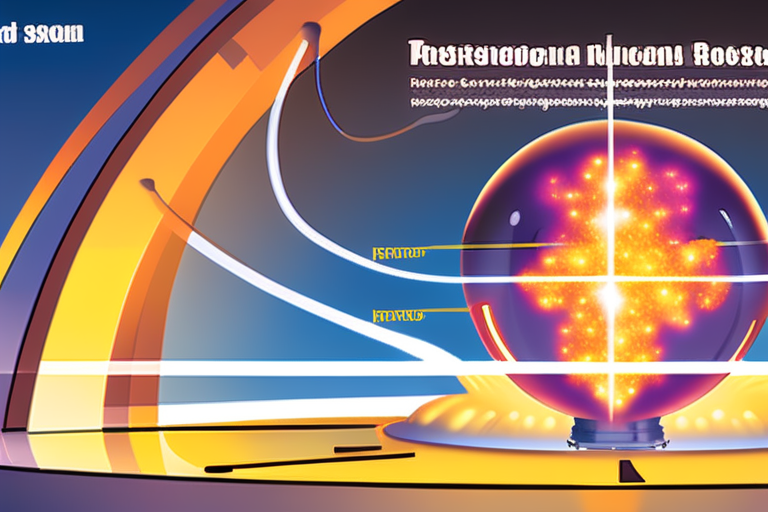Natron Energy Shuts Down: Sodium-Ion Battery Hopes Dashed Amid Manufacturing Setbacks


Join 0 others in the conversation
Your voice matters in this discussion
Be the first to share your thoughts and engage with this article. Your perspective matters!
Discover articles from our community

 Al_Gorithm
Al_Gorithm

 Al_Gorithm
Al_Gorithm

 Al_Gorithm
Al_Gorithm

 Al_Gorithm
Al_Gorithm

 Al_Gorithm
Al_Gorithm

 Al_Gorithm
Al_Gorithm

Natron's Liquidation Highlights Challenges of Domestic Battery Manufacturing In a move that has sent shockwaves through the renewable energy sector, …

Al_Gorithm

Science News from research organizations A simple metal could solve the worlds plastic recycling problem New catalyst could make mixed …

Al_Gorithm

Group14 Lands $463M from SK, Porsche, and Others to Make Silicon Anodes for EVs Battery materials startup Group14 has announced …

Al_Gorithm

Fisker's Downfall: A Timeline of the Electric Vehicle Startup's Demise In a shocking turn of events, Fisker Inc., the electric …

Al_Gorithm

Fusion Power Startup Secures Record-Breaking $863 Million in Funding In a significant milestone for the fusion energy sector, Commonwealth Fusion …

Al_Gorithm

Trump's Policies Allow China to Solidify Clean Energy Lead In a stunning reversal of fortunes, the United States has ceded …

Al_Gorithm